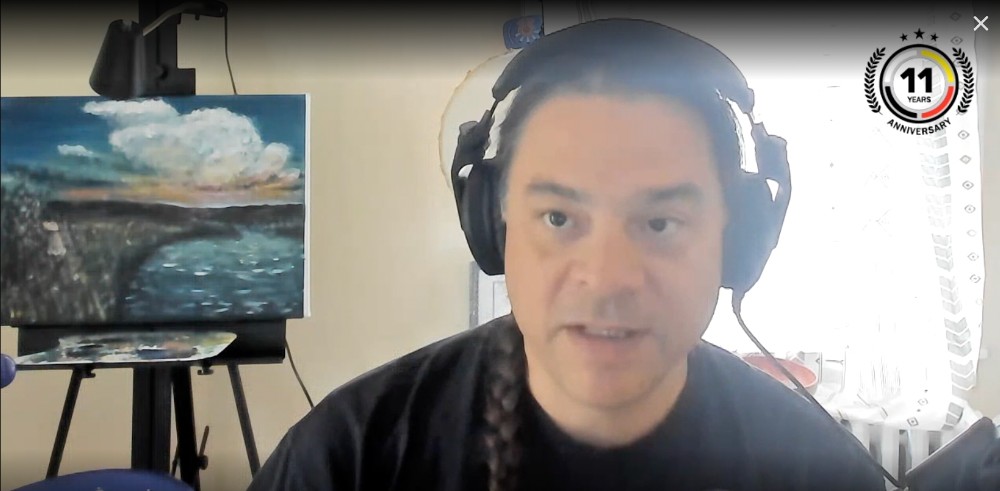
- Details
- By Neely Bardwell
On this week’s Native Bidaské (Spotlight), Chef Sean Sherman joined Native News Online staff for a discussion about his work in revitalizing Indigenous food systems as a Native chef, as well as the harmful legacy of residential and Indian boarding schools.
Sherman is nationally and internationally renowned in the Indigenous food culinary movements. He is a citizen of the Oglala Lakota Tribe and was born and raised in Pine Ridge, South Dakota.
His first cookbook, The Sioux Chef’s Indiegnous Kitchen received the James Beard Award for Best American Cookbook.
In 2021, Sean Sherman and his business partner Dana Thompson opened Owamni by the Sioux Chef, Minnesota’s first full service Indigenous restaurant.
Sherman’s primary focus is revitalizing Indigenous food systems by encouraging the decolonization of our diet and the ingredients we use in our cooking.
“We don't have to recreate the past, but it's important to start by identifying what are our modern Indigenous food items and creating a modern Indigenous pantry, and then adding creativity,” he said.
Watch the whole interview here.
More Stories Like This
Native News Weekly (August 25, 2024): D.C. BriefsNavajo Nation Mourns the Passing of Former Vice President Rex Lee Jim
Deb Haaland Earns Endorsement From Communications Workers of America Local 7076
University Soccer Standout Leads by Example
Two Native Americans Named to Democratic Congressional Campaign Committee's“Red to Blue” Program
Help us defend tribal sovereignty.
At Native News Online, our mission is rooted in telling the stories that strengthen sovereignty and uplift Indigenous voices — not just at year’s end, but every single day.
Because of your generosity last year, we were able to keep our reporters on the ground in tribal communities, at national gatherings and in the halls of Congress — covering the issues that matter most to Indian Country: sovereignty, culture, education, health and economic opportunity.
That support sustained us through a tough year in 2025. Now, as we look to the year ahead, we need your help right now to ensure warrior journalism remains strong — reporting that defends tribal sovereignty, amplifies Native truth, and holds power accountable.
 The stakes couldn't be higher. Your support keeps Native voices heard, Native stories told and Native sovereignty defended.
The stakes couldn't be higher. Your support keeps Native voices heard, Native stories told and Native sovereignty defended.
Stand with Warrior Journalism today.
Levi Rickert (Potawatomi), Editor & Publisher


